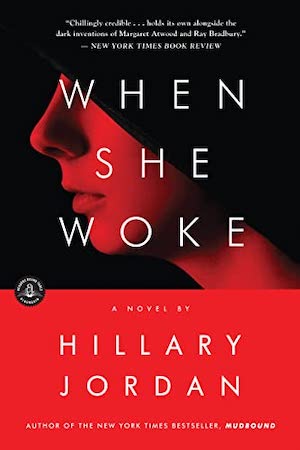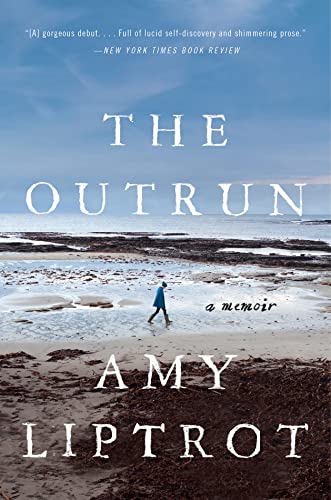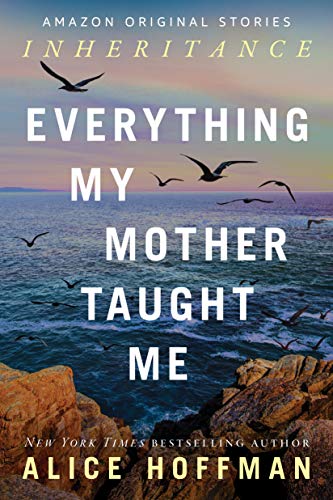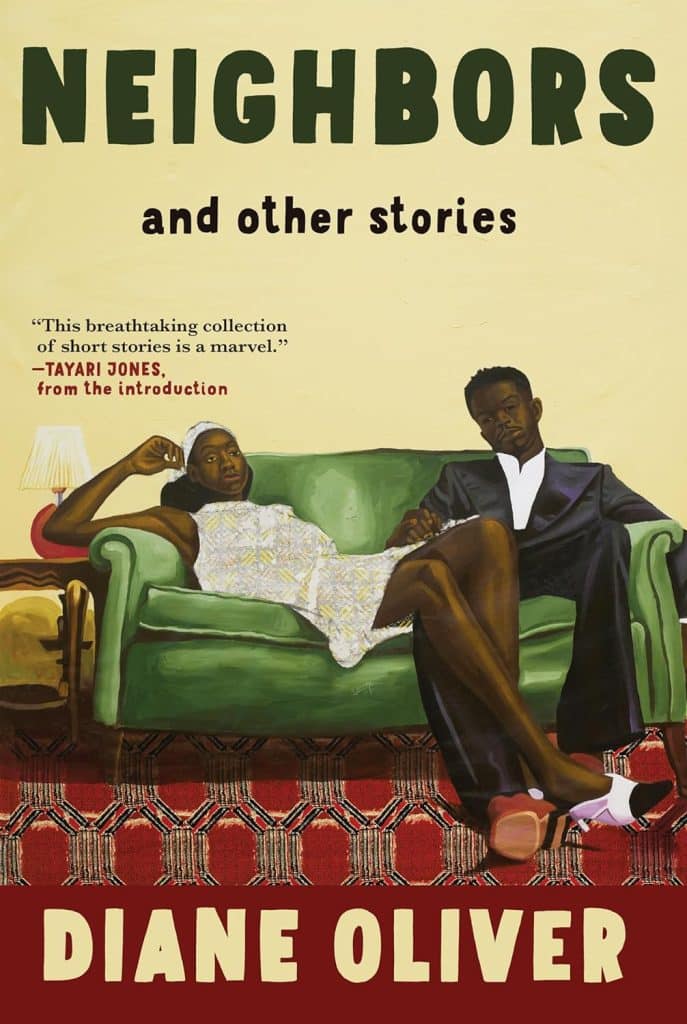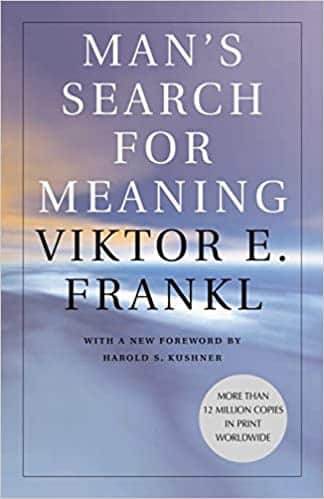
Hospice is the Only Option
Estimated reading time: 0 minutes, 45 seconds A year ago, my sons and I had the most challenging task we had ever faced.
A year ago, my sons and I had the most challenging task we had ever faced.
With Drs. Sakesena and Strair, and Rabbi Renee Edelman, we had to tell the mother of my two sons that the only option for her hospice.
On my own, I could not have managed this. I am forever grateful to my sons and our Rabbi for their love and support. A new post provides background on this day.
I thought it was the beginning of saying goodbye to Jan. But love never dies; we have entered a new phase, and our passion is more robust.
When you buy a book or product using a link on this page, I receive a commission. Thank you for supporting Sharing Jan’s Love blog.




